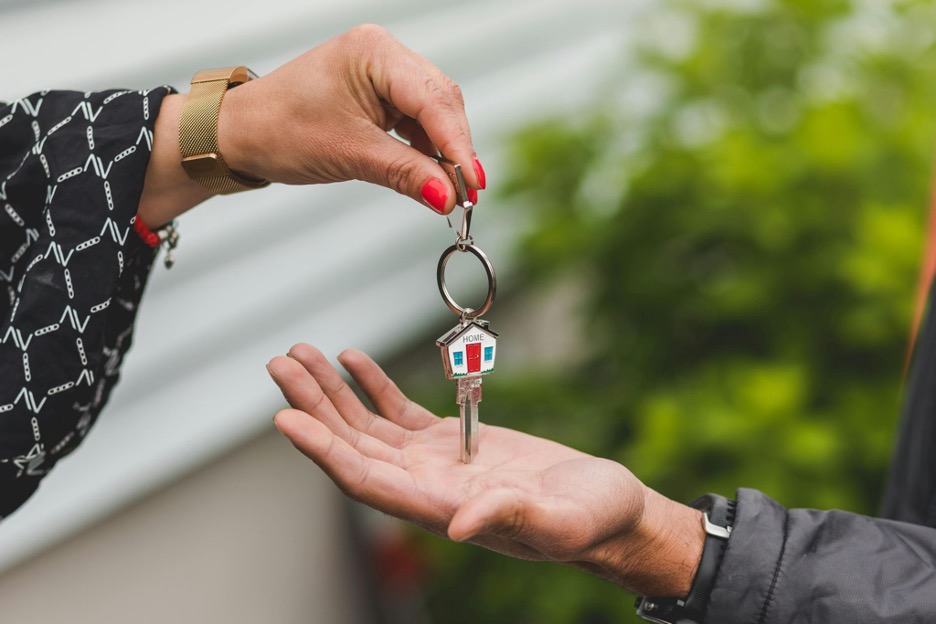Relocating is more than just changing address; it alters how you live. From shifting routines and relationships to emotional and spatial adjustments, a big move often brings changes that go far beyond the physical act of moving.
Whether within New Zealand or abroad, understanding the lifestyle shifts that follow can help you adapt with greater ease and confidence.
Routines and Daily Structure Are Redefined
One of the first things to change during a move is your daily rhythm. Habits like where you shop, how you commute, or where you walk in the evening often disappear in a new setting. These familiar anchors, once taken for granted, no longer apply.
In a new location, routines must be rebuilt. You may face different travel times, service hours, or neighbourhood dynamics. For some, this feels disruptive; for others, it’s a chance to reset. How quickly you adjust often depends on your flexibility and willingness to engage with the unfamiliar.
Social Connections and Support Networks Shift
Relocating usually means parting ways with familiar social ties—friends, neighbours, and community groups. The absence of these daily interactions can create a sense of isolation, especially in the early stages.
Rebuilding your support network takes time and intent. You might join local activities, reach out to neighbours, or rely on digital connections at first. Over time, these efforts help foster new relationships and a renewed sense of belonging in your environment.
Personal Identity and the Concept of Home Evolve
Relocating can prompt a reassessment of who you are. Immersed in a new setting, you begin to navigate unfamiliar routines, norms, and expectations. This shift in environment can feel disorienting at first, especially when everyday life looks and feels markedly different. Understanding how to navigate the effects of culture shock can ease the transition and help you regain a sense of balance.
Alongside this, the idea of “home” becomes less fixed. It evolves from a place into a feeling—one created through familiarity, comfort, and connection. As you settle in, routines and relationships help restore that sense of belonging, reminding you that home is something you can rebuild wherever you go.
Emotional Well-being Faces New Pressures
The emotional weight of moving is often underestimated. Leaving behind familiar places and people can lead to stress, grief, or anxiety, especially when the move is sudden or not by choice. Children may express this through changes in behaviour, while adults often internalise the strain.
Recognising these feelings is essential. Establishing routine, finding support, and giving yourself time to adjust can all help. For those needing practical assistance during this period, working with experienced providers such as Crown Relocations & Removalists NZ can ease the emotional load by handling complex logistics. This creates space to focus on regaining stability and comfort in your new surroundings.
Living Environments and Lifestyles Adjust
Every move reshapes how you interact with space. A large home may become a compact flat, or a suburban lifestyle might give way to something more urban or rural. These physical changes influence how you live, often in ways you don’t expect.
Your eating habits, transport choices, or social routines may shift. A smaller kitchen might mean quicker meals; a walkable area could reduce reliance on a car. Over time, these adjustments define the new lifestyle you build in your new setting.
Embracing the Change Beyond the Move
A big move marks more than a change in location—it signals a shift in how you live, connect, and see yourself. By understanding the lifestyle changes that follow, you can approach the transition with awareness, resilience, and optimism. Though challenging, the process also brings opportunities to create a more intentional and fulfilling way of life.
